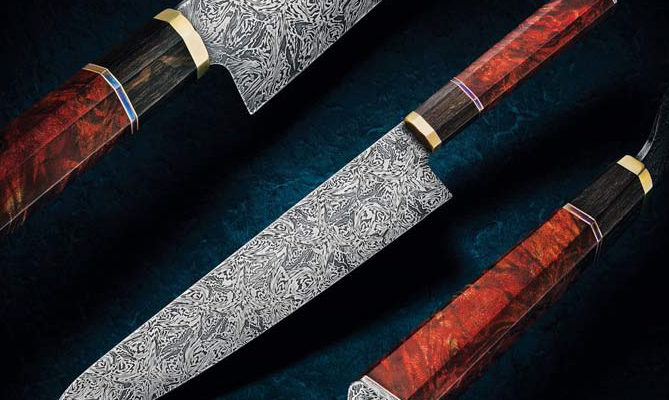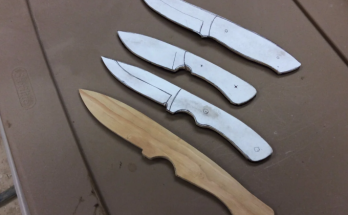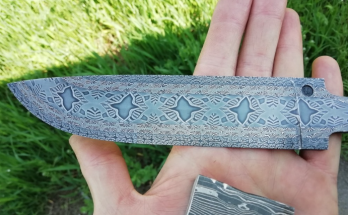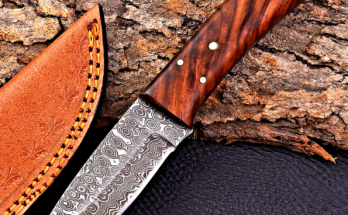A Damascus steel blade pocket knife that has been carefully crafted over hundreds of hours deserves the utmost attention and care. A legacy masterpiece requires a safeguard for maximum longevity. Damascus steel requires special care for it to retain its original luster and beauty.
Many hand-forged Damascus blades are made out of high carbon steel with small amounts of chromium in the alloy. While high in carbon steel, the blade can easily rust if not cared for. Collectors should ensure to keep their blades clean and dry to avoid rust or staining.
After cleaning and drying a Damascus steel pocket knife, you should lubricate the blade with a specialty wax to protect it from moisture. Avoiding rust ensures the Damascus’ pattern remains as striking and vivid as the day it was hand-forged.
Abrasive elements such as textiles and chemicals can significantly affect the blade’s look. Using a rough cloth or metal cleaner can remove the etched oxidation that makes the blade’s pattern visible. If the etching is altered, you can send in your blade to the original designer for repair.
Storage conditions are crucial to a blade’s longevity. When it’s not being used, a Damascus steel knife should be stored in a dry interior environment free from fluctuations in moisture levels and temperature. A box or soft case can do the trick.



